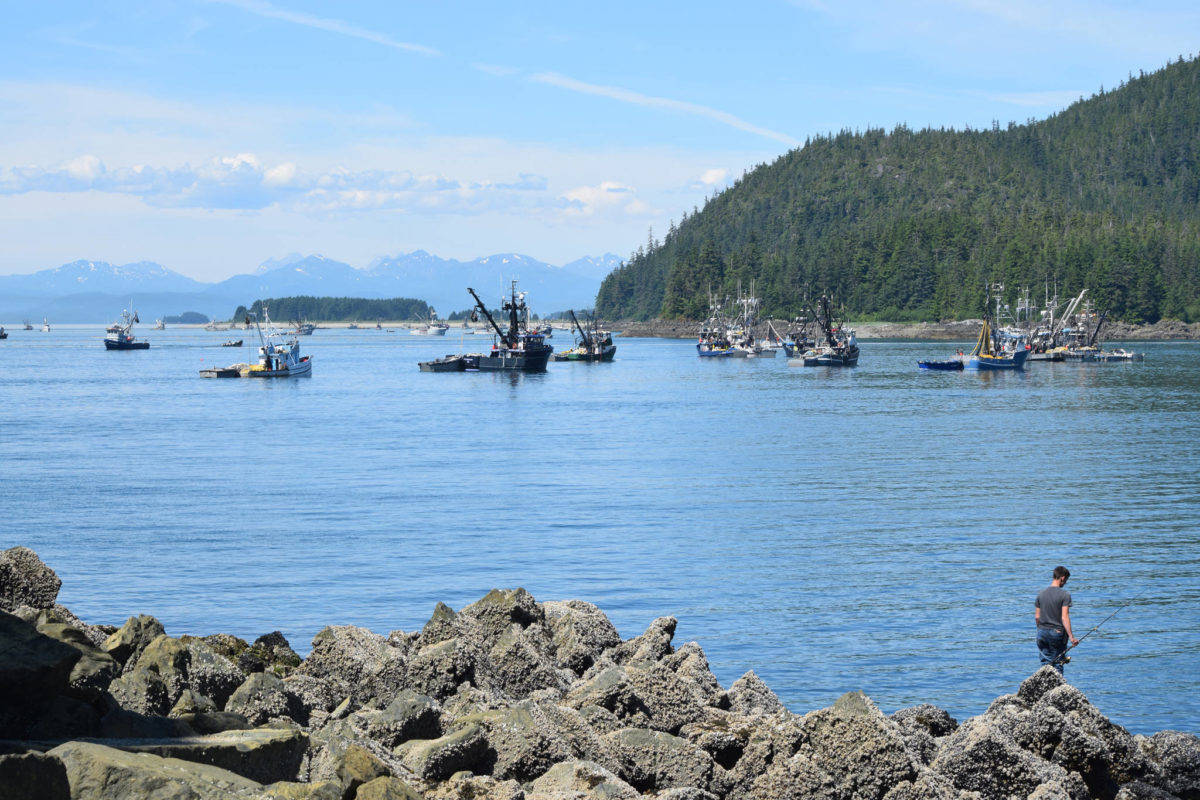The governor is proposing taking fishing tax money from municipalities and directing it to the state to help balance his budget.
Senate Bill 63, backed by Gov. Mike Dunleavy, would repeal a revenue sharing provision that is written into the state’s fisheries business tax. Should the bill pass, the state coffers would gain an additional $29.1 million in 2020, according to a fiscal note attached to the bill.
Every year, 50 percent of the fisheries business tax revenue is distributed to Alaska’s fishing communities. The amount each community receives hinges on the how much fish was taxed in that community. If SB 63 passes, the revenue sharing program would end. It is one of many bills that are being proposed to change Alaska statutes so that Dunleavy’s budget proposal is feasible.
[Experts: State could lose tens of thousands of jobs if budget proposal goes through]
The City and Borough of Juneau receives about $400,000 annually as part of this fisheries tax revenue sharing program, according to CBJ Finance Director Bob Bartholomew.
Bartholomew says this money is deposited into the Juneau’s harbor fund, which is about $4 million. So this bill would impose a 10 percent hit on the CBJ’s harbor fund.
“We used some revenue bonds to help pay for a commercial loading float at Auke Bay,” Bartholomew said. “That (loss of fisheries tax revenue sharing) is equivalent to the debt service.”
Bartholomew said the borough would have to figure out a new way of meeting that bond debt service to pay off the commercial loading float if SB 63 is passed. That could mean other harbor projects do not get done, a harbor rate increase, etc.
“We also see this as the beginning of the project,” Bartholomew said. “There’ll be opportunities to make changes”
[Eating Wild: Portuguese Fisherman’s Stew, Southeast Alaska style]
He said the CBJ is still in the process of quantifying the impacts of SB 63 and other budget proposals. Once that is complete, Bartholomew said the borough can move forward.
The Kodiak Island Borough is slated to receive about $81,000 this year from the fisheries tax, according finance director Dora Cross. Cross said this money goes to the Kodiak Borough’s general fund.

